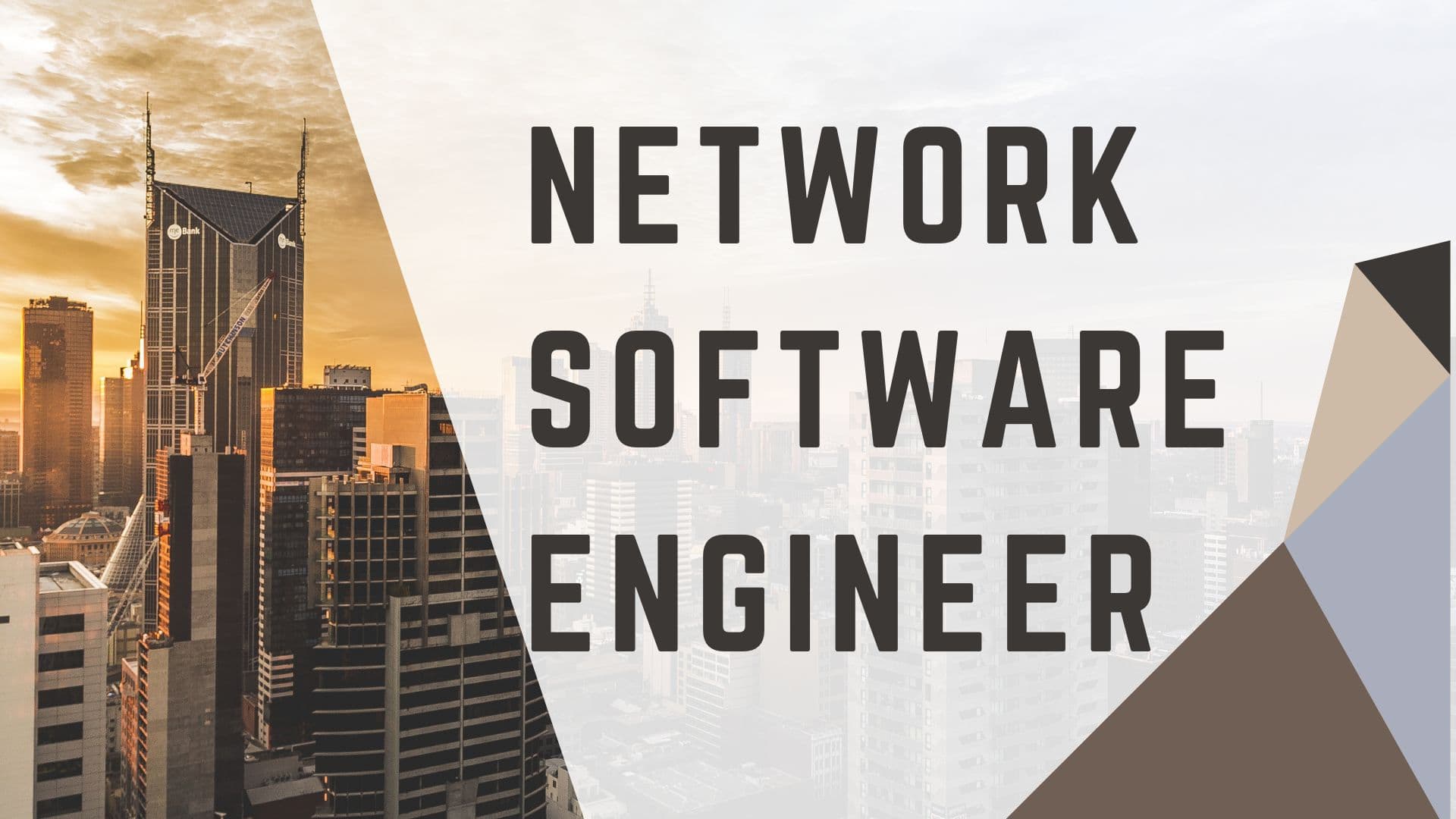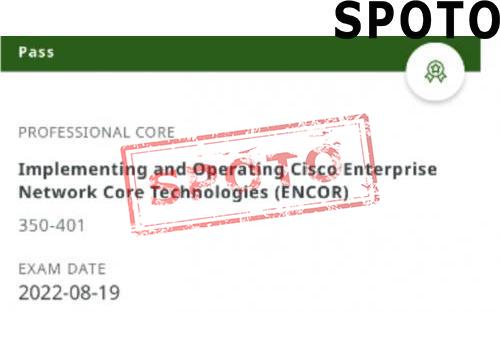
Table of Contents
Network software engineers are technical professionals who specialize in designing, building, and maintaining applications and systems for existing or new networks and network infrastructure. By writing and creating these platforms, network software engineers can help organizations operate more efficiently, improve organizational productivity, and achieve secure and stable network operations.This article will introduce you to what a Network Software Engineer is, the career information and prospects of a Network Software Engineer , and the necessary conditions to become a Network Software Engineer.
1. What is a Network Software Engineer?
Network software engineers are technical professionals who specialize in designing, building, and maintaining applications and systems for existing or new networks and network infrastructure. By writing and creating these platforms, network software engineers can help organizations operate more efficiently, improve organizational productivity, and achieve secure and stable network operations.
2. What does a Network Software Engineer do?
Network software engineers are primarily responsible for designing, developing, and maintaining software tools and platforms used to manage, monitor, or optimize network systems. First, they typically develop and maintain software applications that support an organization's network infrastructure using programming languages such as Python, Go, or Java, and ensure that the developed software meets standards. In addition, network software engineers work with network engineers to define network requirements, analyze network performance data, and implement appropriate software solutions to resolve any issues found. Furthermore, they play a key role in the network environments of software-defined networks (SDN), network virtualization (such as Cisco ACI, VMware NSX), and cloud platforms (such as AWS, Azure, GCP). Network software engineers are responsible for creating and maintaining technical documentation and user manuals to guide the use and troubleshooting of the software applications they develop. Finally, they also participate in regular meetings and contribute to the overall network architecture design to ensure that the software solution meets the long-term goals of the organization.
3. Career Insights: Salary, Outlook & Related Roles
(1) Network Software Engineer Salary
According to ZipRecruiter, the average annual salary for a network software engineer in the United States is $147,524 as of May 13, 2026. That's about $70.92 per hour. That's $2,837 per week or $12,293 per month. Annual salaries can be as high as $205,500 and as low as $63,500, but most network software engineers currently make between $120,000 and $173,000 per year, with top earners making as much as $205,000 per year across the United States. The average salary range for a network software engineer varies widely (as high as $53,000), which means there may be many opportunities for advancement and pay increases based on skill level, location, and years of experience.
(2) Job Outlook of Network Software Engineer
According to the Bureau of Labor Statistics, employment of network and computer system administrators is expected to decline by 3% from 2023 to 2033. Despite the decline in jobs, an average of about 16,400 network and computer system administrator job openings are expected to appear each year over the next decade. All of these vacancies are expected to be used to fill those who change careers or exit the labor market (such as retirement). Research by Zippia's data science team found that the projected growth rate for network engineer positions is 5% from 2018 to 2028. And, although there are currently more than 168,129 network engineers in the United States, there are 72,346 active network engineer job openings in the United States. Therefore, the overall employment outlook is still relatively bright.
(3) Similar Occupations
- Network Automation Engineer
- Network Programmer / Network Developer
- SDN Engineer (Software Defined Networking Engineer)
- Platform Engineer
- DevOps Engineer
- Site Reliability Engineer (SRE)
- Cloud Network Engineer
- Protocol Software Engineer
- Observability Engineer / Telemetry Developer
- API Developer for Networking Platforms
4. What Are the Qualifications to Become a Network Software Engineer ?
(1) Obtain a Bachelor's Degree
To become a Network Software Engineer, you first need to have a university degree recognized by the company. Typically, a Bachelor of Science degree in a related field such as Network Engineering, Computer Science, or Information Technology is the basis for entry into the industry.
(2) Develop professional skills
Network software engineers need to have a solid foundation in computer science and software engineering principles. First, they should be proficient in languages such as Java, C++, and Python, and have a solid understanding of network protocols and technologies, such as being able to skillfully integrate and call various network APIs (such as RESTful API, gRPC, NetConf/YANG, SNMP, etc.). Secondly, strong analysis, problem-solving, and communication skills are essential to identifying and resolving network-related issues and working effectively with cross-functional teams. Finally, network engineers with experience in high-speed, highly scalable network architectures (DPDK, RDMA, hardware offload, network virtualization) are often given priority in the application process.
(3) Earn Industry Certifications
When applying for Network Software Engineer, it is helpful to obtain certain certifications as they can help you develop the key skills and knowledge required for the position and make your resume more noticeable to employers. Some employers prefer to hire candidates with experience in sales or a related technical field, such as engineering or computer science. DevNet Professional certification can demonstrate your ability to develop and maintain applications on Cisco platforms. With Cisco DevNet Professional certification, you will gain a unique combination of software and infrastructure skills to help you become a Network Software Engineer.










